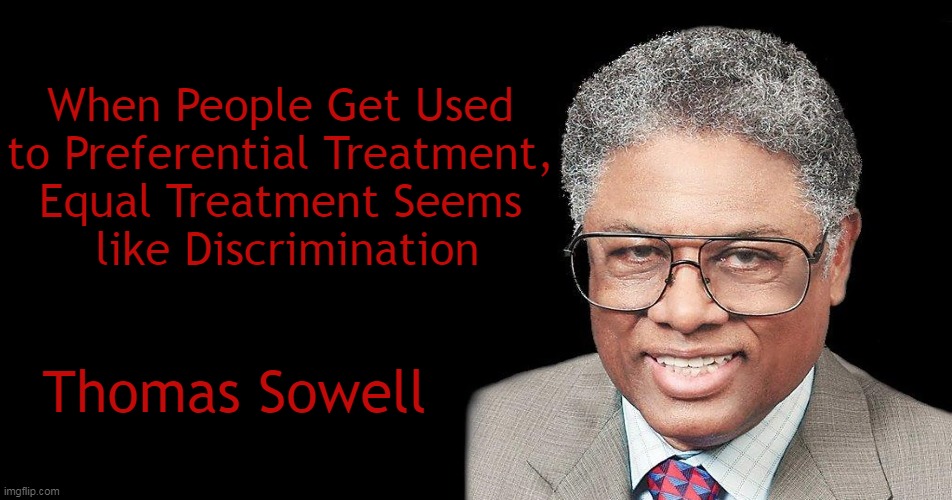Emergency (2022)
Director: Carey William
Sikhism is professed by 25 to 30 million worldwide and is the fifth-largest religion in the world. Even though Sikhs constitute only 1.72% of India's population and 1.02% of the world's population, they are instantaneously recognised, not only by their unique appearance but also by their industriousness and successes. In India and the rest of the world, wherever they migrate, their proportion of poverty, as compared to other groups, remains the lowest. Outside Punjab, some minorities still excel without political assistance. Reaching foreign shores as economic migrants, they generally prosper and outperform other immigrants. They blend well into society and have the tongue to learn to speak the local lingo swiftly. Pretty soon, they will be sitting in professional bodies.
The Sikhs are often seen by community leaders as a shining example of how societies should progress. Someone toyed with the idea that lack of political representation and state assistance are the very things that help them propel forward.
Hence, in Malaysia, the recently perceived 'lack of Indian representation' in the Malaysian Cabinet is a non-issue. There is no need to depend on handouts from the top. The community itself should pull itself with its own bootstrap. As the Senior Economist Thomas Sowell advised, when people get used to preferential treatment, equal treatment seems discriminatory. He also concluded that affirmative is ineffective. He likened it to a wrong medical diagnosis and prescription. His research had repeatedly shown that blacks in America were better off in many social parameters before the Civil Rights Law was passed in the USA. As he is often quoted to have said, "When people are poor, they want communism or socialism, but when they are rich, they think capitalism is best!"
All that is fine at a macro level, but day-to-day human interaction does not work that way at the ground level. Power dynamics and racial stereotyping are a mainstay. The presence of little Napoleons and power brokers is everywhere. The decree from the top gets lost in translation, purposefully or like the game of 'Chinese whispers'.

If George Floyd has taught us anything, dealing with the enforcement unit is more complex. Split decisions made in an encounter are anything but easy. The police see the other as a potential criminal who would harm him or escape. If he made a wrong call, he would be negligent or, worse, lose his life.
The person on the end of the police baton would be apprehensive that he would be pigeonholed based on his ethnicity or appearance. In his mind, he is assumed to be guilty by default. Any wrong move, and he is a cadaver.
These thoughts go through the minds of three friends who aspire to go places as they almost complete college. The three friends, two blacks (Kumle and Sean) and a Hispanic (Carlos) find an apparently stoned white teenager in their home. Like black South Africans in the apartheid era, they panicked. They decide to take the kid to the hospital in their SUV. Kumle, the studious one, has his life all mapped out. He is going to Princeton come fall. Sean has had a previous bad encounter with the cops, and Carlos has consumed intoxicants and is flying high like a kite.
While cruising en route to the hospital, they encounter a police roadblock. Suddenly, it dawned upon them how they might look to the cops- three coloured people kidnapping a drugged white teenager! Then begins the cascade of confusion as they avoid police custody, escape the victim's sister and friends, but most of all, not in any way jeopardise their future. The last thing they want is to be just another statistic in the ever-expanding number of victims of police brutality.
This film is supposed to be a comedy, but the subject matter deems anything but funny!








No comments:
Post a Comment